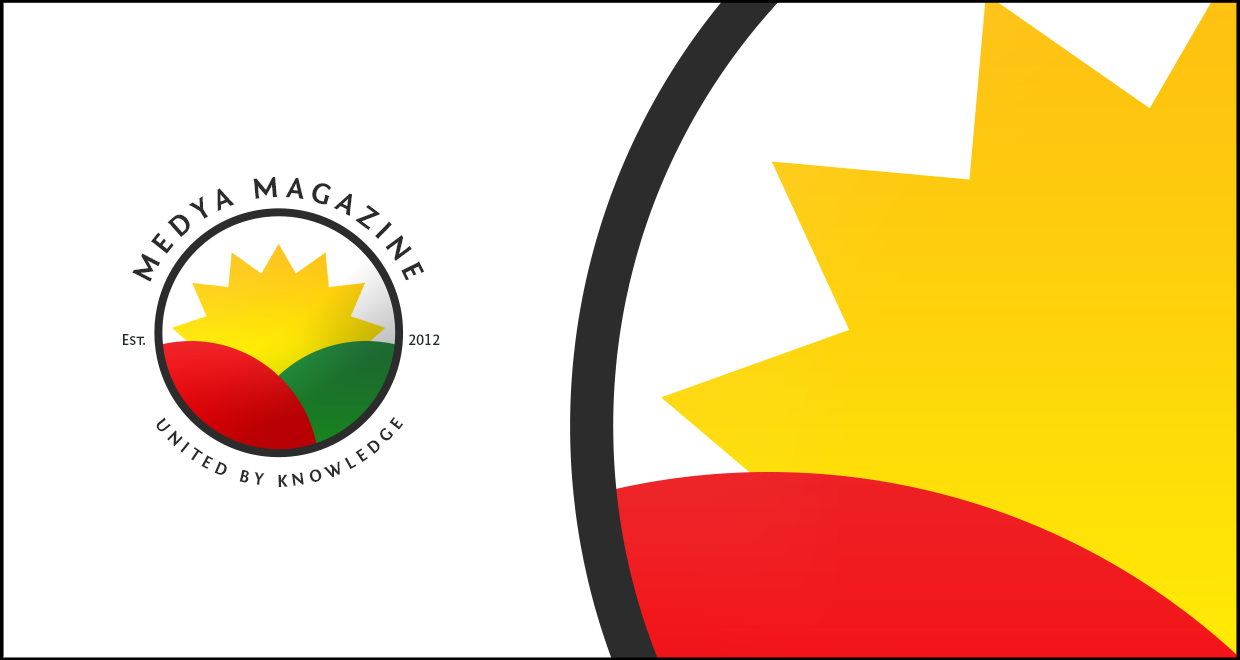“Kurdistan had not only suffered difficult times during the revolution. Now it was also feeling strangled by the Iranian embargo on the Kurdish region. Therefore, it became necessary to administer and impose order. The peşmerge’s, faced with government troops, retrieved more weapons from the enemy garrisons. They avoided direct confrontation because even though they were more skilled than the Iranian soldiers in mountain warfare they were still guerrillas and not military men.
In August [1979] Tehran launched a full-scale war against the Kurds. On the second of August, in the small city of Gharna, government forces brutally demonstrated what a rebellious Kurdistan could expect. A few days before the KDP peşmerges had inflicted enormous losses upon the Iranian army. The Islamic forces, using this defeat as a pretext, surrounded Gharna. The population there wasn’t initially worried, for there were no peşmerges there. Nonetheless, first the army fired, and then armored vehicles and troops entered the city. The imam of the city, Mullah Mahmud, aware of the troops’ intentions, took hold of the Qur’an and marched toward them. The pasdaran responded with a burst of machine guns. Then the pasdaran broke into the houses and fired upon every living being. Old men and children were dragged out of their homes and prodded with rifle butts, put in lines against the walls, and shot. A few hours later, sixty-eight Kurdish people men, women and children of all ages- had been executed.
Khomeini declared a holy war against the “Kurdish conspirators.”…. not only ordering an attack on Paveh [where Kurdish troops had taken control], but also ordered the army to march to Sanandaj, where peace prevailed…. because he wanted to deliver a harsh lesson to the population. He wanted the ethnic minorities to know about the uselessness of an insurrection.”
Kurdistan welétê mîn’e, Sîne ewetî min’e.
As a five year old child I left my heart and soul in my mountains. My freedom was stripped from me the moment I ran away searching for it. Kurdistan’s history is one of blood, oppression and mass murder. Yet it shines with yellow, green and red. While wars have an end, Kurdistan’s children are born fighting and die fighting. But they do it with a smile and with grace. To honor the heroes of our history we must not be blinded by our enemies blood. We must not celebrate death, instead be symbols of peace and direct messengers of our ancestors. 30+ years later Kurdistan is still standing 40 million strong and an insurrection never stopped…
When the sun sets we must raise it once more.


